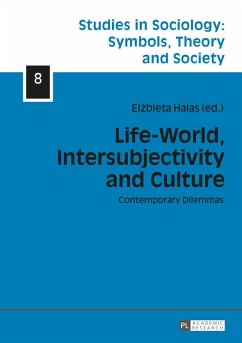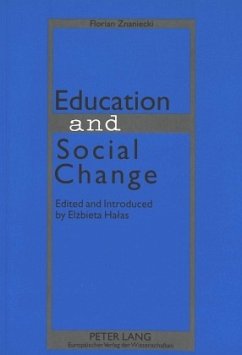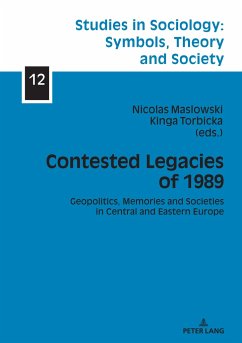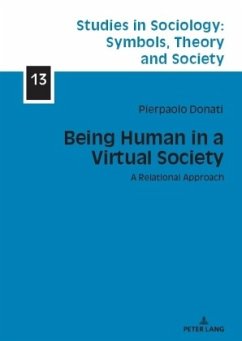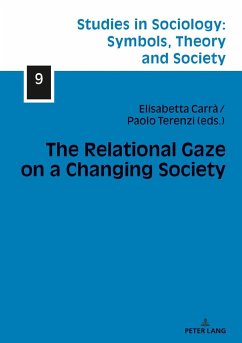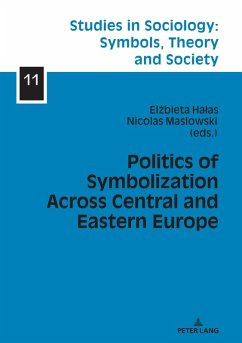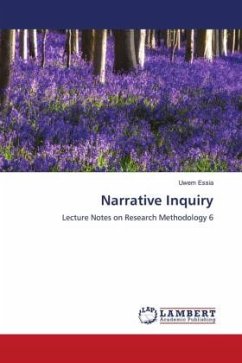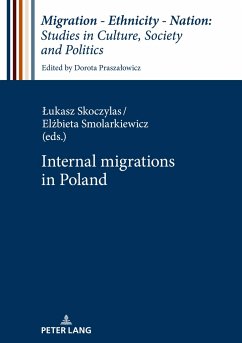
Peirce's Theory of Inquiry and Beyond
Towards a Social Reconstruction of Science Theory
Versandkostenfrei!
Versandfertig in 6-10 Tagen
74,60 €
inkl. MwSt.

PAYBACK Punkte
0 °P sammeln!
About a decade ago, an antagonistic debate on the 'science war' arose on both sides of the Atlantic. At issue was how far the social sciences could intervene in disentangling the practice of science. The debate has now calmed down, but has by no means been solved. As a continuation of the antagonism that once haunted the advocates of Karl Popper against those of Thomas Kuhn, versions of this animated debate are likely to arise again. In this light, the theory of inquiry once launched by Charles S. Peirce may prove valuable. Despite early efforts by, amongst others, Karl-Otto Apel and Jürgen H...
About a decade ago, an antagonistic debate on the 'science war' arose on both sides of the Atlantic. At issue was how far the social sciences could intervene in disentangling the practice of science. The debate has now calmed down, but has by no means been solved. As a continuation of the antagonism that once haunted the advocates of Karl Popper against those of Thomas Kuhn, versions of this animated debate are likely to arise again. In this light, the theory of inquiry once launched by Charles S. Peirce may prove valuable. Despite early efforts by, amongst others, Karl-Otto Apel and Jürgen Habermas, Peirce's theory of inquiry remains largely unknown in the social sciences. It is the aim of this publication - the bulk of which was written long ago as a doctoral thesis - to place Peirce's theory of inquiry in the centre of social science theory.



